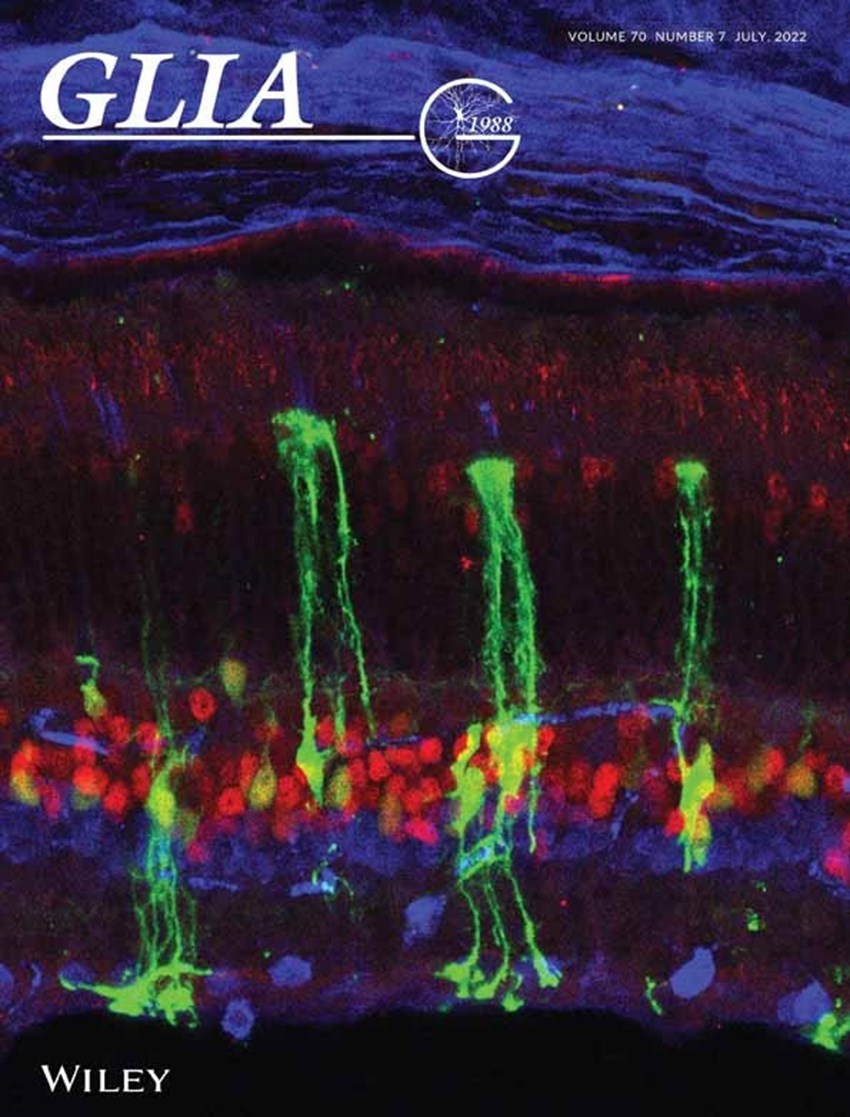João Filipe Oliveira, supported by the BIAL Foundation in the scope of project 37/18 – Decoding the neuron-astrocyte dialogue that supports cognitive processing, concluded that the astrocytes, in addition to contributing to homeostatic control and signal exchange between molecules, also regulate rhythmic activity and synchronization of the neuronal network, as well as brain states. The paper “Astrocyte regulation of neural circuit activity and network states” featuring these results was published in the journal Glia.
Abstract
“Astrocytes are known to influence neuronal activity through different mechanisms, including the homeostatic control of extracellular levels of ions and neurotransmitters and the exchange of signaling molecules that regulate synaptic formation, structure, and function. While a great effort done in the past has defined many molecular mechanisms and cellular processes involved in astrocyte-neuron interactions at the cellular level, the consequences of these interactions at the network level in vivo have only relatively recently been identified. This review describes and discusses recent findings on the regulatory effects of astrocytes on the activity of neuronal networks in vivo. Accumulating but still limited, evidence indicates that astrocytes regulate neuronal network rhythmic activity and synchronization as well as brain states. These studies demonstrate a critical contribution of astrocytes to brain activity and are paving the way for a more thorough understanding of the cellular bases of brain function.”



































































